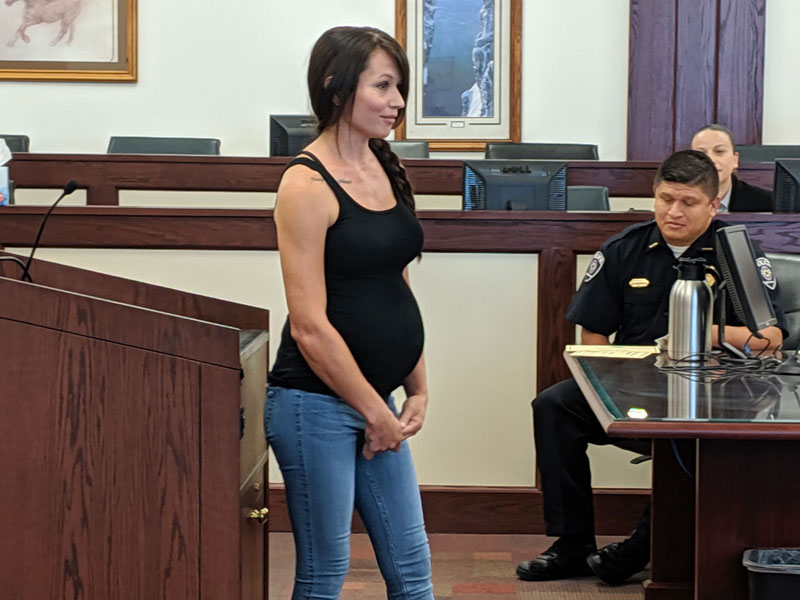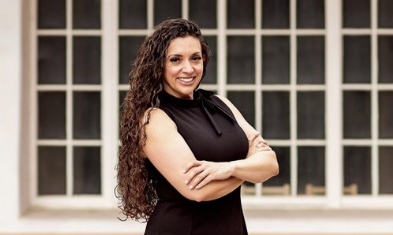LOS LUNAS — There are three more people in Valencia County living free of addiction, thanks to the Adult Drug Court through the 13th Judicial District Court.
Established in 2008, the program is designed to help those who have an addiction deal with their problem while being closely monitored by a team of judicial, probation and clinical professionals.
The program is an alternative to incarceration for first- and second-time offenders who are addicted to drugs or alcohol.
Last month, District Court Judge Lawrence Sanchez met with nearly a dozen program participants, three of who were graduating from the year-long program.
“I want to celebrate when you graduate,” Sanchez said. “It’s heartbreaking when we can’t help.”
Graduate Jude Silva told the judge and his fellow program members he works one day at a time to keep his sobriety, and encouraged them to keep on the path.
Sanchez told Silva he hoped and prayed the man had transformed his life.
“Be free. This is a dark road and people will try to pull you down,” the judge said. “I mean this sincerely and kindly — I don’t want to see you in my courtroom again.”
Even though she didn’t embrace the program at the beginning, Ashley Romero graduated.
“I fought and fought, took six months more than I should have,” Romero said. “If you work hard, the program will push you.”
In contrast to Romero, Michael Lawson finished the program early to start a new job, one Sanchez called a position of trust.
“When you’re so far down that when you look up all you see is rock bottom, that changes you,” Lawson said. “Today, I have my family here, I have an awesome lady in my life.”
Sanchez said he and Lawson had some very open and honest conversations that helped educated the judge on the grip addiction has on people.
“Life has been a roller coaster for you,” Sanchez said. “Keep the faith, fight the good fight and finish the race.”
“I guarantee,” Lawson replied. “First place.”
Belen Police Chief Victor Rodriguez attended the graduation and presented the graduates with their certificates of completion.
Rodriguez said he had a lot of love for drug court because it addresses the underlying issues.
“This takes an incredible amount of commitment. I’ve seen you falter and fall and get back up, maintain your individual commitment,” Rodriguez said.
Being in the drug court program allows people to maintain their life rather than sitting in jail, the chief said.
“You are good people who experienced difficulties, and I applaud each and every one of you for accepting the challenge and believing in yourselves,” he said. “You are a better person for yourself and others.”
Following the graduation, Judge Sanchez said overseeing the adult drug court was one of the hardest things he does.
“Addiction is often hardest on those around the person. They are losing parents, kids, relationships,” he said. “It hurts so much more than just the person.”
As a sentencing alternative, drug court can only be used after someone has been adjudicated, a situation the judge said he wished were different.
“I really wish we have the ability to get people into programs, I wish we had the resources,” Sanchez said. “Every time we meet, I tell them I want to keep focused on their goals and dreams, their accomplishments.
“We can’t give up on people who suffer from addiction. When you do, all that’s left is punishment. The first goal is always treatment. I don’t expect perfection in this program. I expect effort.”
Julia M. Dendinger began working at the VCNB in 2006. She covers Valencia County government, Belen Consolidated Schools and the village of Bosque Farms. She is a member of the Society of Professional Journalists Rio Grande chapter’s board of directors.



















